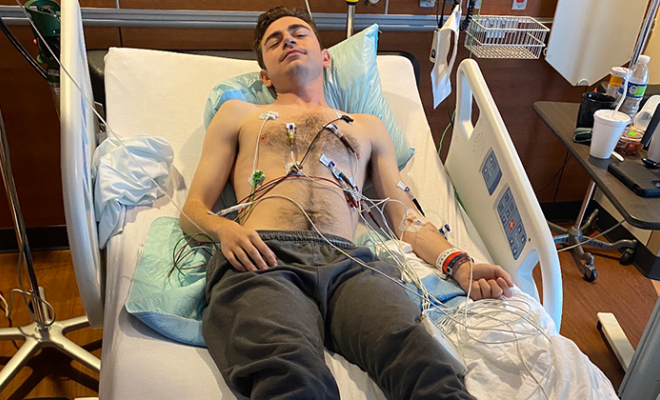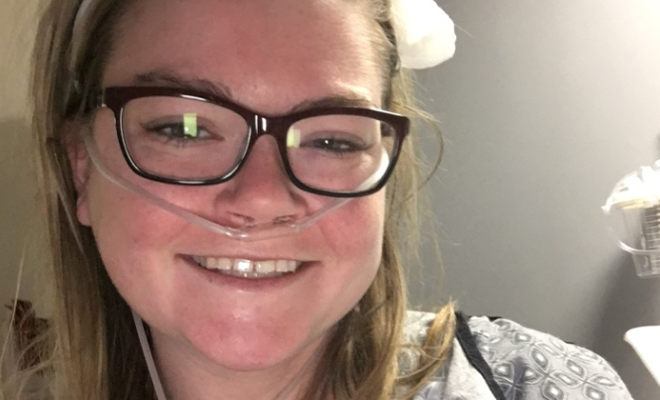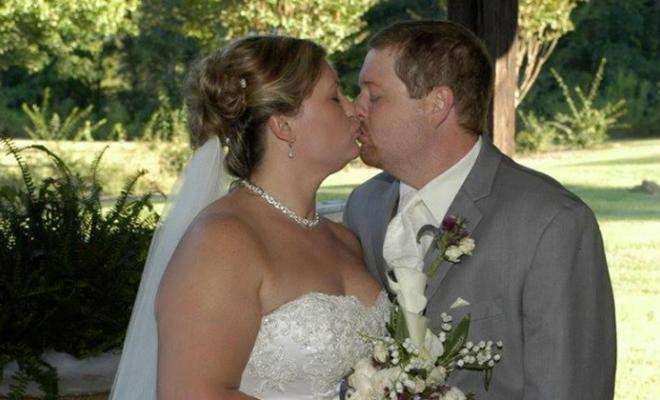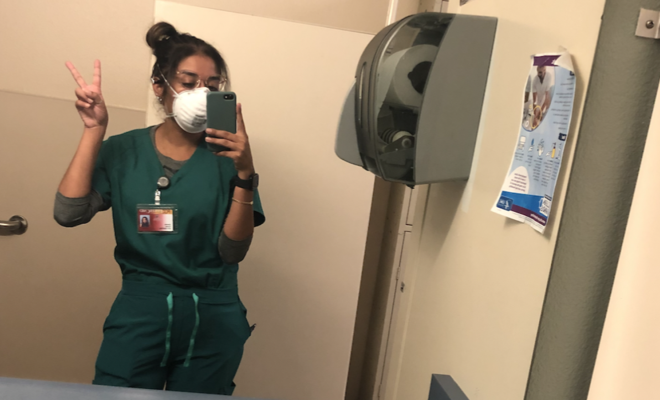During a telehealth call, a renowned surgeon in Minneapolis told my parents and me, “We recommend surgery. It will be extensive — a TPIAT (total pancreatectomy and islet cell transplantation). This will result in the removal of three of your organs and a portion of your stomach. Recovery will take about six months and will be very hard work. Your life will not be the same.”
A lot happened to bring us to that conversation. Throughout my childhood, I had a lot of strange medical issues, the most notable of which were regular issues with going to the bathroom and trouble gaining weight. My childhood doctor shrugged this off and told me “It’s probably just a stomach bug.” I also had repeated chronic sinus infections and strep throat. Again, my doctors seemed to just think that I was unlucky.
Just after graduating from the University of Rhode Island, I woke up one morning with dull heartburn. I shrugged it off as just another of my stomach pains and went to the gym. Shortly into my workout I had to rush to the bathroom to throw up. I left the gym and went home, took some pain meds, and tried to sleep it off. Two hours later I woke up to throw up again. I tried to eat something, and immediately threw that up too. I knew something wasn’t right.
I drove myself to the hospital, checked into the ER, and immediately received pain meds. Shortly after that, they diagnosed me with pancreatitis. My doctors described it as, “one of the worst medical pains a human body can experience.” The solution? Don’t eat or drink anything for at least five days, then change your diet and never drink alcohol again. That wasn’t exactly the easiest thing a young college grad can hear, but I followed the instructions.
After moving to Florida to attending grad school, I found myself in the hospital with pancreatitis again. This time, my doctors couldn’t give me a reason why it happened, discharging me after several days of fasting, encouraging me to “try harder.” One month later, I was admitted — again — with pancreatitis. This vicious cycle continued from August to December, when I was admitted to the hospital after my tenth episode.
The doctors then placed two stents in my pancreatic ducts. That didn’t work. By this time, all of this had taken its toll. I couldn’t eat and my weight had become dangerously low. I then received a feeding tube. Unable to determine why this was happening, I was referred to the surgeon in Minneapolis who recommended the organ removal, which the surgeon guaranteed would relieve my recurring pancreatitis.
The doctor recommended genetic testing before surgery as a precaution to rule out underlying diseases. Three weeks later, the results came back.
I had tested positive for cystic fibrosis, an incurable genetic disease that — it was clear — no amount of lifestyle changes or avoiding foods would have won the battle with pancreatitis.
When I got this news, I had no idea what CF was or how potentially severe it could be. But when the doctor told me the average life expectancy for someone with CF, my entire world was shattered.
I quickly scheduled a meeting with the CF care team at Fairview Hospital in Minneapolis. They gave me a sweat test and immediately began to discuss my treatment options. My doctor at the clinic recommended Trikafta®, a CFTR modulator, and it has been a game changer, significantly decreasing symptoms in my pancreas and throughout my digestive system.
My care team reassured me that, with Trikafta and the other recommended treatments like digestive enzymes, my ultimate health and life expectancy is generally good. I plan on getting back to my life and original plan of completing my master’s degree and living in southern Florida.
My life has been — and will be — very different. I am still learning and adjusting to the new medications and the many side effects. Learning how to live this new life won’t be easy, but modern medicine and an excellent care team make living a long life very possible!
Having been through this incredible medical journey, I can say that having a healthy perspective, aligned with faith in God creates the kind of willpower that is unstoppable. Much love to all the friends and family that have been by my side to ensure that my mind didn’t slip during such an urgent and confusing time. It is very important for me to note that not all people living with CF have genes that respond to CFTR modulators. That is unacceptable to me, and I can’t wait to join the fight — until CF for everyone stands for cure found.
Interested in sharing your story? The CF Community Blog wants to hear from you.





